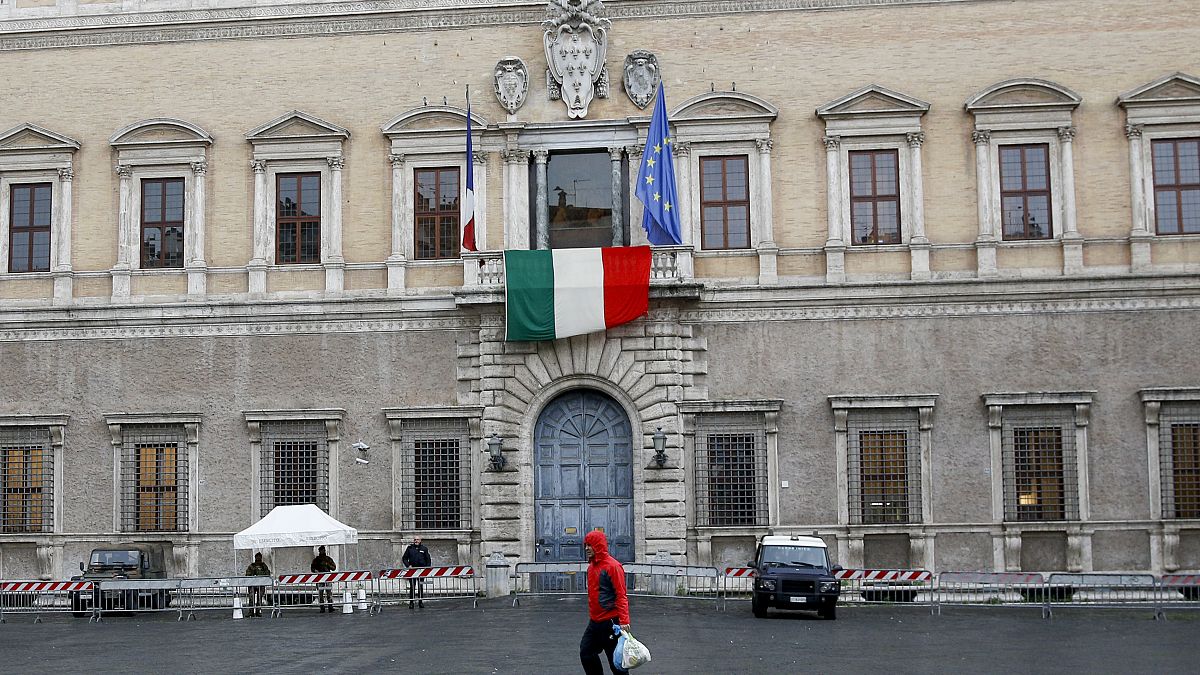12m full-time jobs could be lost in Europe because of this crisis - so what's the next move?
As Europe considers lifting lockdowns to get people back to work, we look at how the EU hopes to balance protecting lives with protecting livelihoods.
The International Labour Organisation estimates that almost 12m full-time jobs could be lost in Europe because of this crisis, so what can be done to address this issue?
"First, I think we have to keep as many people in their jobs as possible. That’s what we try to do through the instrument of short-time work - the SURE instrument which I hope can be adopted very very soon," European Commissioner for Jobs, Nicolas Schmit told Euronews.
The SURE scheme is in many ways a job insurance system, which counts 100 billion euros available in loans to EU countries whose budgets are stretched to support the recent spike in unemployment due to coronavirus.
Short-time work schemes are defined by the EC as "programmes that under certain circumstances allow firms experiencing economic difficulties to temporarily reduce the hours worked by their employees, which are provided with public income support for the hours not worked."
Beyond the short-term, the Commissioner says countries must be 'bold to restart our economy as soon as possible' but adds that governments must bear in mind health constraints, to avoid a second and more damaging lockdown situation. When we pressed him on when work might return to normal, he quipped that even if he was a specialist in virology he couldn't know, "I cannot give you any date, it will take some more time," he said.
Saving Tourism
There are some EU countries that have been hardest hit by this crisis, mainly Italy, Spain, and other countries that their economies rely on tourism, on activities really hit by this crisis. For certain countries, like Greece, tourism represents almost 20 per cent of GDP.
"It’s clear that those countries will have a quite heavy burden to bear," admits Schmit, adding, " this means we have to have a level of solidarity because these countries are not responsible for anything, (just) because they are tourism-oriented and they have been hit by the virus."
EU solidarity
When it comes to solidarity, different European countries appear to have different interpretations of the word. For the southern countries, they would like to see more financial burden-sharing. This has become a bone of contention in recent talks over the economic recovery strategy.
"The point is we have to be all aware that the difficulties of one state very rapidly become the difficulties of all of them," explains Schmit adding, "we’re in a monetary union, we’re all in the same boat. So therefore, we all have to come out of these difficulties in a coordinated way. If we are not managing that, then we are threatening the whole project and this, I hope so at least, nobody really wants.”``
EU leaders meet again on Thursday 23 April to thrash out the details of the rescue plans, putting EU solidarity through another test.
